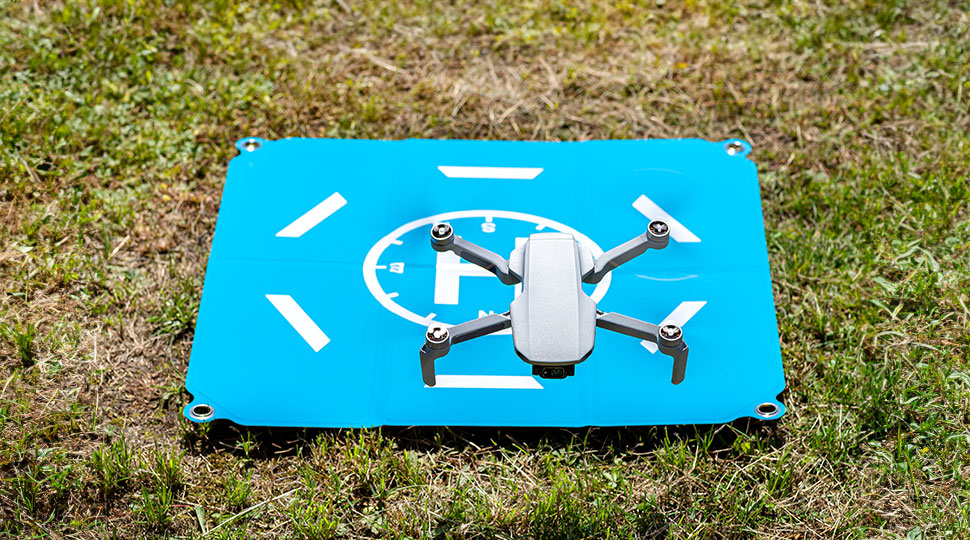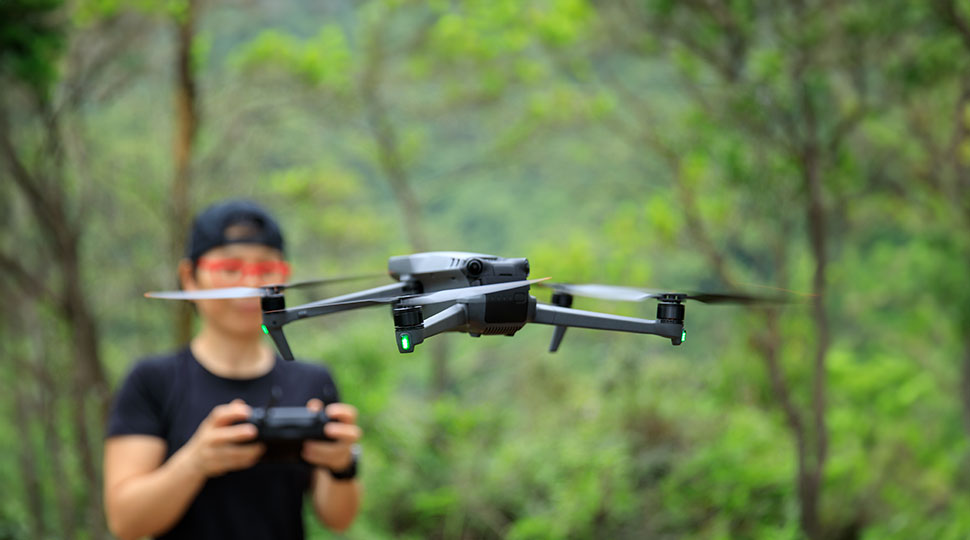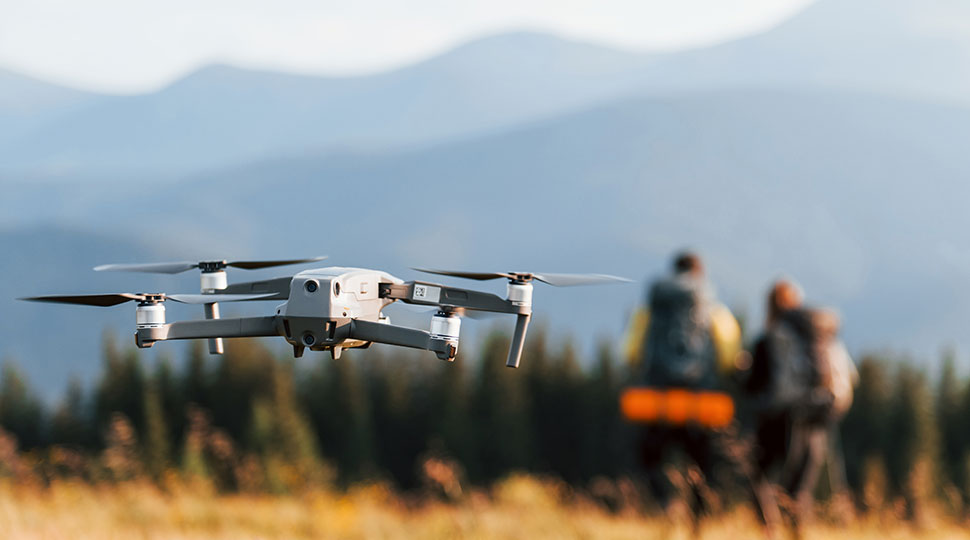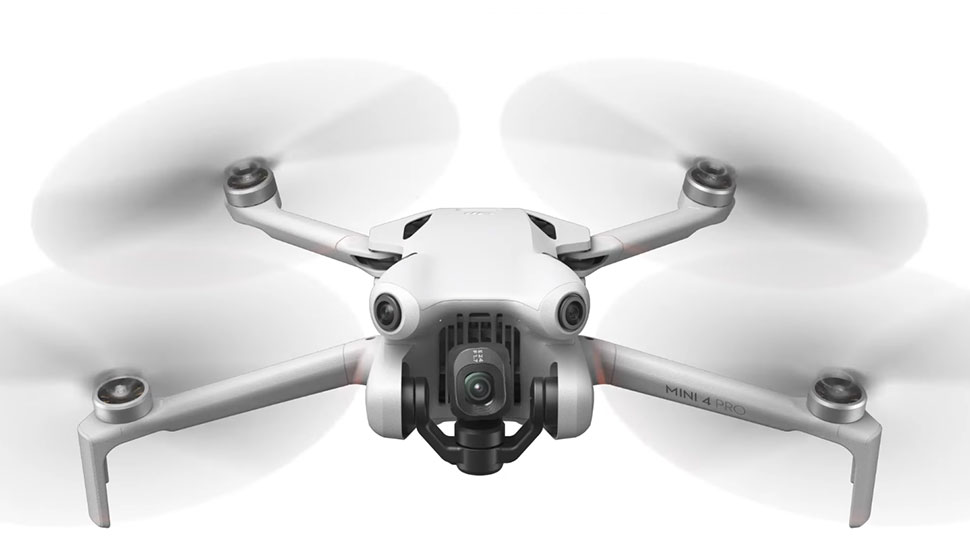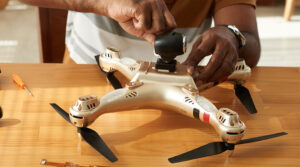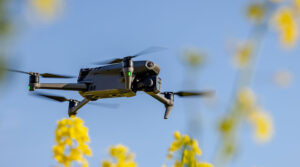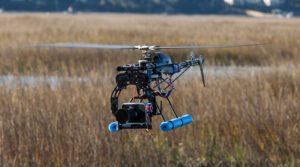Drones have become an indispensable tool for several industries, with hobbyists and professional users alike enjoying the capabilities these flying machines offer. However, one crucial aspect of owning a drone is understanding safe drone transportation. This is particularly important when it comes to protecting the delicate drone propellers, which are essential for the drone to fly.
In this article, we will focus on a step-by-step guide to securely transporting a drone, with special attention paid to safeguarding the drone propellers. By the end of this article, you should have a better understanding of safe drone transportation techniques.
Get the latest articles in your inbox fresh and ready to read …
Get the New To Drones "All Access Pass"
All Access Pass members enjoy unlimited access to entire articles – 100% FREE
By signing up you agree to our Terms of Service and Privacy Policy. You also agree to receive our newsletters (you can easily and quickly opt-out at any time).
You will receive free access to all of our articles while you are a member of the site.
Step-by-Step Guide to Securely Transporting a Drone
Remove Batteries and Store Them Separately from the Drone Body
The first step towards safe drone transportation is the removal of batteries. Batteries are the primary power source for your drone, and their mismanagement can lead to serious consequences.
Overheating or puncturing a battery can result in a fire, which could damage the drone and pose a risk to your safety. Removing the batteries and storing them separately from the drone body can help mitigate the risk of an accident.
Place Propellers in Protective Cases or Wraps
The most critical aspect of drone transportation is the protection of the drone propellers. These fragile components can easily break or become bent during transit, rendering your drone inoperable.
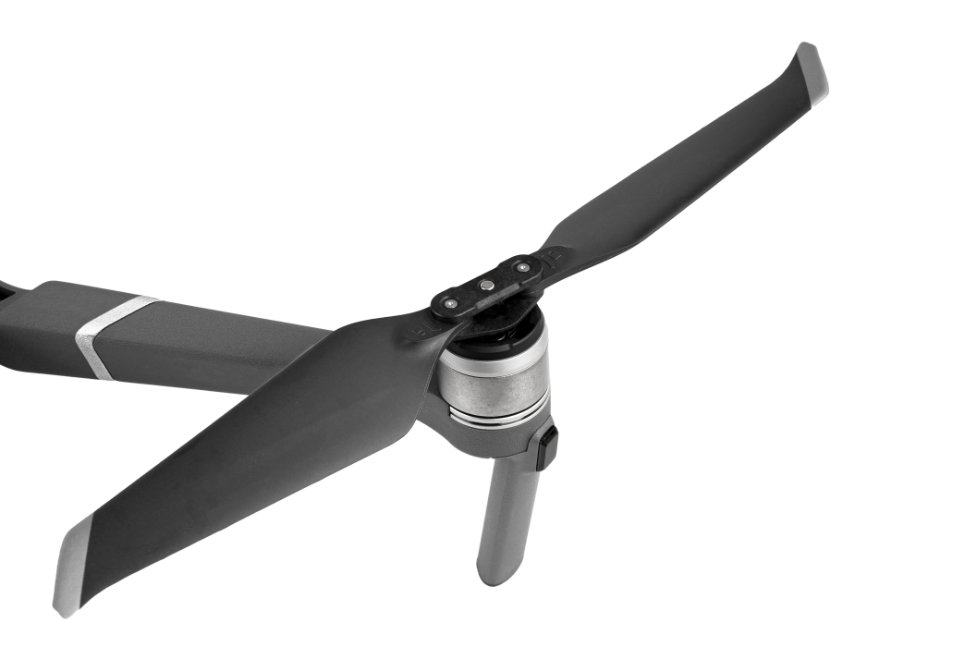
To keep the drone propellers safe, invest in protective cases or wraps specifically designed for this purpose. Choose options that are sturdy, well-padded, and include compartments for each propeller.
This will ensure that the drone propellers remain secure and free from damage during transportation.
Use Padding to Protect Other Parts of the Drone
The other components of your drone, such as the body, camera, and landing gear, should also be protected during transit. Surround these parts with ample padding, such as foam or bubble wrap, to prevent damage caused by sharp objects or accidental drops.
You might also consider custom foam cutouts shaped around your specific drone model, providing tailored protection.
Regardless of the padding method you choose, be thorough in your approach to avoid any unpleasant surprises when you unpack your drone at your destination.
Securely Pack Everything Together in an Appropriate Container
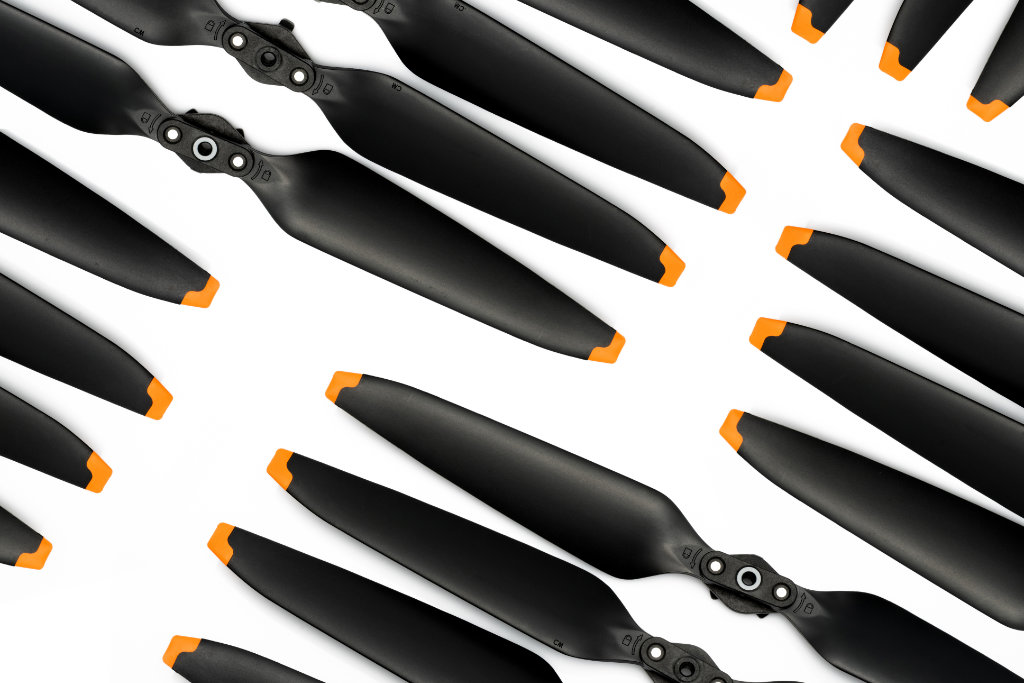
Once you have properly prepared each component of your drone for safe transportation, the final step is to pack everything in a suitable container. Ideally, you should use a drone carrying case or backpack explicitly designed for your drone model.
These cases are designed to keep your drone, its accessories, and the drone propellers safe during transportation, with padded compartments and secure fastenings.
If a dedicated drone case is unavailable, you can also use a standard hard-shelled suitcase, ensuring that there is adequate padding around the drone components. Most importantly, ensure that the propellers are still in their protective cases or wraps, with enough padding to prevent them from being crushed or damaged.
Cleared for Takeoff
Properly transporting your drone is of vital importance for both its longevity and your enjoyment of the hobby. By securely protecting your drone propellers and following the drone transportation tips outlined above, you can have peace of mind during your travels, knowing your equipment is safe.
Adhering to these simple steps, you can continue to enjoy the fascinating world of drones, capture priceless aerial footage, and experience the exhilaration of flight without incident.
Safe travels and happy flying!

